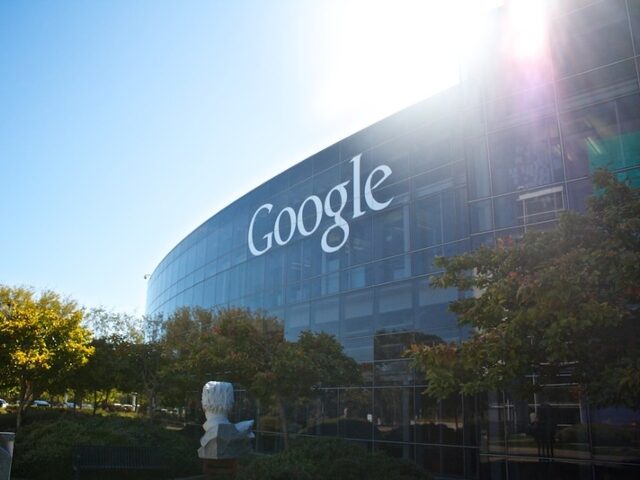Yelp, a long-time rival of Google, has filed an antitrust lawsuit against the search giant, accusing it of engaging in anticompetitive practices in the local search market.
The Verge reports that Yelp, one of Google’s most vocal competitors, has filed an antitrust lawsuit against the search engine giant. The move comes less than a month after a federal judge ruled that Google had violated antitrust laws and maintained an illegal monopoly. Yelp’s lawsuit, filed in the Northern District of California, alleges that Google has created or preserved its monopoly in local search services by favoring its own inferior vertical over those of competitors, thereby harming competition and reducing the quality of local search services.
According to Yelp, Google’s practice of directing users toward its own local search vertical from its general search engine results page constitutes an illegal tying of separate products, preventing rivals from reaching scale. The company is seeking a court order to stop Google’s allegedly anticompetitive conduct and to pay damages. Yelp has demanded a jury trial, and the case will be heard in the same court where a jury previously found Google guilty of maintaining an illegal monopoly through its app store in a separate case against Epic Games.
Yelp’s decision to pursue legal action against Google was bolstered by the Department of Justice’s recent victory in its antitrust case, which focused on Google’s exclusionary practices surrounding the distribution of search services. Yelp CEO Jeremy Stoppelman told the New York Times that the shift in antitrust winds following the DOJ’s win was a significant factor in the company’s decision to file the lawsuit.
While US District Court Judge Amit Mehta ruled in favor of the government in its case against Google, he had previously narrowed the scope of the suit by dismissing claims from a group of state attorneys general. These claims alleged that Google had acted unfairly by designing its search result pages to reduce the visibility of specialized search engines like Yelp and TripAdvisor.
In response to the lawsuit, Google spokesperson Peter Schottenfels stated, “Yelp’s claims are not new. Similar claims were thrown out years ago by the FTC, and recently by the judge in the DOJ’s case. On the other aspects of the decision to which Yelp refers, we are appealing. Google will vigorously defend against Yelp’s meritless claims.”
Yelp argues that consumers are the ultimate losers as a result of Google’s alleged anticompetitive behavior. In a blog post, Stoppelman wrote, “By keeping users from leaving Google, other vertical search services are prevented from reaching customers, achieving scale, and building helpful content. This softening of the competitive landscape translates to less incentive for Google to invest in quality content that would improve the consumer experience, and greater incentives to show less relevant but nevertheless monetizable results.”
The lawsuit also claims that advertisers are negatively impacted by the suppression of competition in local search, as it leads more local advertisers to Google. Stoppelman noted that “Google has increased its year-over-year search advertising revenue by 20% or more each year for the better part of the last decade, while still being able to increase its market share.”
Yelp has a long history of voicing its antitrust concerns against Google. The company has previously testified about its complaints before the Senate, filed a complaint in the European Union regarding Google’s alleged self-preferencing, and supported government agencies in pursuing charges against the search giant.
Read more at the Verge here.
Lucas Nolan is a reporter for Breitbart News covering issues of free speech and online censorship.

COMMENTS
Please let us know if you're having issues with commenting.